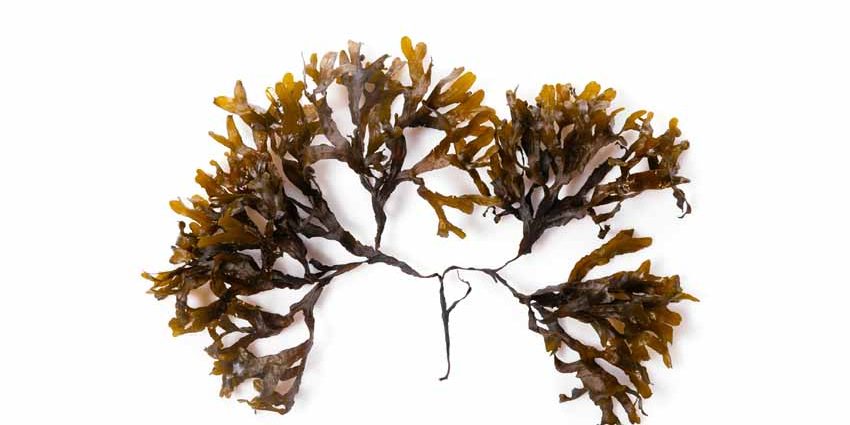The time has come to fully exploit the potential of algae as a renewable resource in Europe. Events such as the war in Ukraine, which affects the availability of fertilisers, feed ingredients and energy, have made the need to ensure the security of energy and raw material supply even more pressing.
Global population growth, resource depletion, environmental pressures, rising raw material prices, climate change, etc. require a different approach to food and economic systems, and the sea is a key part of this.
The European Green Deal, the Farm to Fork Strategy and the Communication on a sustainable blue economy point to the potential of aquaculture seafood as a source of protein for both humans and animals, resulting in a reduced carbon footprint. The Farm to Fork Strategy highlights the role of algae as an important source of alternative protein for a sustainable food system and for global food security. Algae have many advantages.
While it is true that the biochemical properties and compounds make algae a valuable material for an increasing number of commercial applications such as animal or fish feed and feed additives, pharmaceuticals, nutraceuticals, biostimulants, bio-based packaging, cosmetics or biofuels and as a service provider for wastewater treatment, more and more studies are pointing to their advantages when used in the formulation of food products and, above all, for the development and evolution of the plant based industry.
In terms of nutrients, seaweed is low in fat and rich in dietary fibre, micronutrients and bioactive compounds, and is therefore often presented as a healthy, low-calorie food. In addition, some species are known to contain a particularly high amount of protein.
Cooking with them is becoming more and more common throughout the world (proof of this is the number of recipes we can find on the internet for integrating them into our diet), and as an ingredient for other products they are also making a name for themselves.
One example: Sophie’s Bionutrients, in collaboration with the Danish Technological Institute, has developed a dairy-free ice cream formulated from a protein derived from chlorella algae grown in-house. According to them, this protein provides more vitamin B12 and iron than most plant-based alternatives.
Not to mention the direct environmental benefits, as algae are also known to remove nutrients from aquatic ecosystems, reducing eutrophication. Furthermore, when grown in the sea, seaweed removes carbon, thus reducing ocean acidification.
For all these reasons, seaweed is worth keeping an eye on.
I am text block. Click edit button to change this text. Lorem ipsum dolor sit amet, consectetur adipiscing elit. Ut elit tellus, luctus nec ullamcorper mattis, pulvinar dapibus leo.
I am text block. Click edit button to change this text. Lorem ipsum dolor sit amet, consectetur adipiscing elit. Ut elit tellus, luctus nec ullamcorper mattis, pulvinar dapibus leo.
